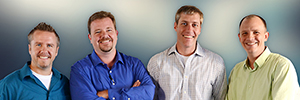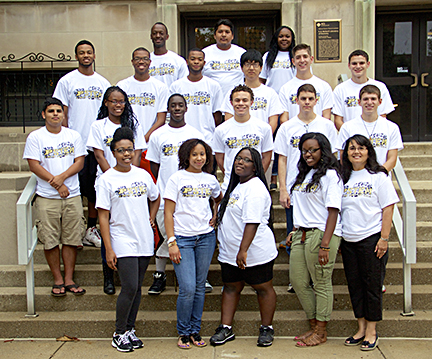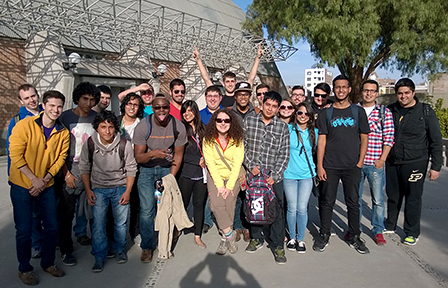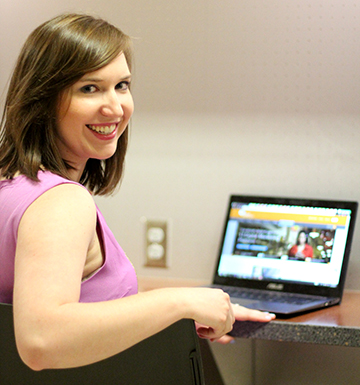Come celebrate all things Purdue during the annual Homecoming festivities! The Purdue Alumni Association will kick off the weekend, hosting a Purdue Alumni Student Experience (PASE) Networking Dinner September 25, followed by a day full of events: annual Alumni Club Leaders Conference, tours of campus, and a 50-year class recognition at the celebration dinner. Cap off the evening by watching the Homecoming parade.
Then bright and early on Saturday, September 27, join the College of Technology at our tent along Stadium Mall Drive from 9:00 to 11:00 a.m., prior to the Purdue vs. Iowa game. Technology Homecoming info and links to full events.

 Keep Technology students out of the rough, and connect with alumni and friends while you connect with the ball. Your participation in the TechPride Golf Scramble can provide access to a great Purdue education.
Keep Technology students out of the rough, and connect with alumni and friends while you connect with the ball. Your participation in the TechPride Golf Scramble can provide access to a great Purdue education.
 Our Tech Pride was strong at the 4th annual Alumni Day event at the Lincoln Park Zoo in Chicago. Attendees were treated to a Technology grab bag, scavenger hunt, animal exhibits and an ice cream social.
Our Tech Pride was strong at the 4th annual Alumni Day event at the Lincoln Park Zoo in Chicago. Attendees were treated to a Technology grab bag, scavenger hunt, animal exhibits and an ice cream social.
 The home building market is ripe for an innovation revolution, and CG Visions in Lafayette, Indiana, is poised to take advantage of it. The four partners of CG Visions all graduated from the computer graphics technology program in Purdue's College of Technology.
The home building market is ripe for an innovation revolution, and CG Visions in Lafayette, Indiana, is poised to take advantage of it. The four partners of CG Visions all graduated from the computer graphics technology program in Purdue's College of Technology.
 Seventeen students admitted to the College of Technology participated in the five-week
Seventeen students admitted to the College of Technology participated in the five-week 
 Jessica Theuerl, South Bend, Indiana
Jessica Theuerl, South Bend, Indiana